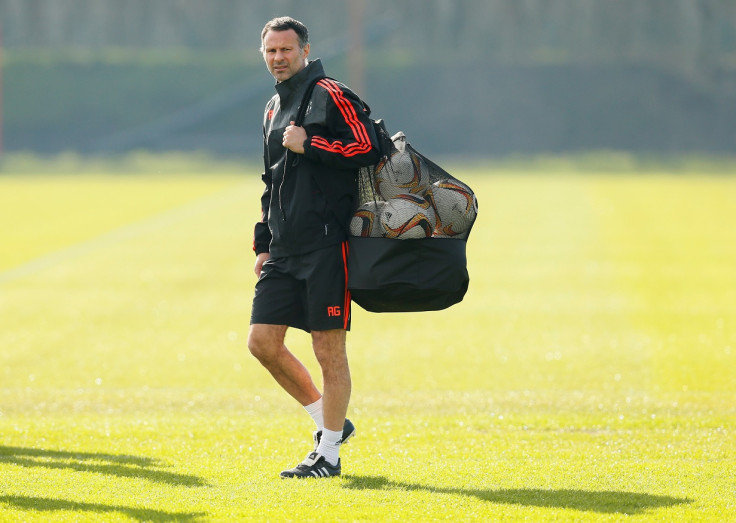Ryan Giggs felt 'worthless' at Manchester United and had therapy when he left
Retired Welsh international saw psychologist after leaving United.

Ryan Giggs has revealed how at time he felt "worthless" in a Manchester United shirt and saw a psychologist when he left the Old Trafford club after 28 years. The former Welsh international played for the 20-champions for 14 years before becoming the interim manager and coach there.
His spell at the club came to an end last year when José Mourinho replaced Louis Van Gaal, under whom he had been assistant. Giggs played 963 times for United after bursting onto the scene in 1990 going on to win 26 major honours making him the most gilded player in British football history.
Underneath the success, Giggs harboured feelings of worthlessness and said he had to prepare mentally after leaving United. Writing for the Telegraph, Giggs said he felt institutionalised after spending so long at Old Trafford and ended up seeing a psychologist to help him with life after football.
"I made the decision to see a psychiatrist to learn how best to cope and some of the suggestions he made served me well in adapting to a new life outside of United," he wrote.
During the session, it was suggested he fill his time so Giggs joined a gym, undertook punditry for the European Championships in France and compete in a futsal tournament in India.
"I knew that would be difficult psychologically and that I had to prepare for it, and for the most part, it has been fine," said Giggs. "I can still remember Steve Bruce and Bryan Robson telling me when I was a teenager that my career would go past in a flash and that suddenly I would be wondering what was next. I never paid them much attention, but they were right."
Giggs touched on stress in the sport after reports the Everton winger Aaron Lennon suffered mental health issues and said despite their wealth footballers were not immune from illness.
"I know that those outside of the game will point to our wages and the kind of lives we live and to an extent that does cushion us from the challenges that many face, but it does not make us immune. He added he felt pressured when playing in front of crowds and found it easier to perform in training.
"I do not know what has affected Aaron, but I always struggled in the periods I was out the team or playing badly. I had a feeling of worthlessness.
"As a footballer, you wonder if your team-mates are looking at you and asking the questions you are asking of yourself. Why can't he hit a decent pass? Why's he always injured? What's wrong with him?"
If you or someone you know is suffering from depression, please contact a free support service at Mind.org.uk or call 0300 123 3393 (charges apply).
© Copyright IBTimes 2025. All rights reserved.






















